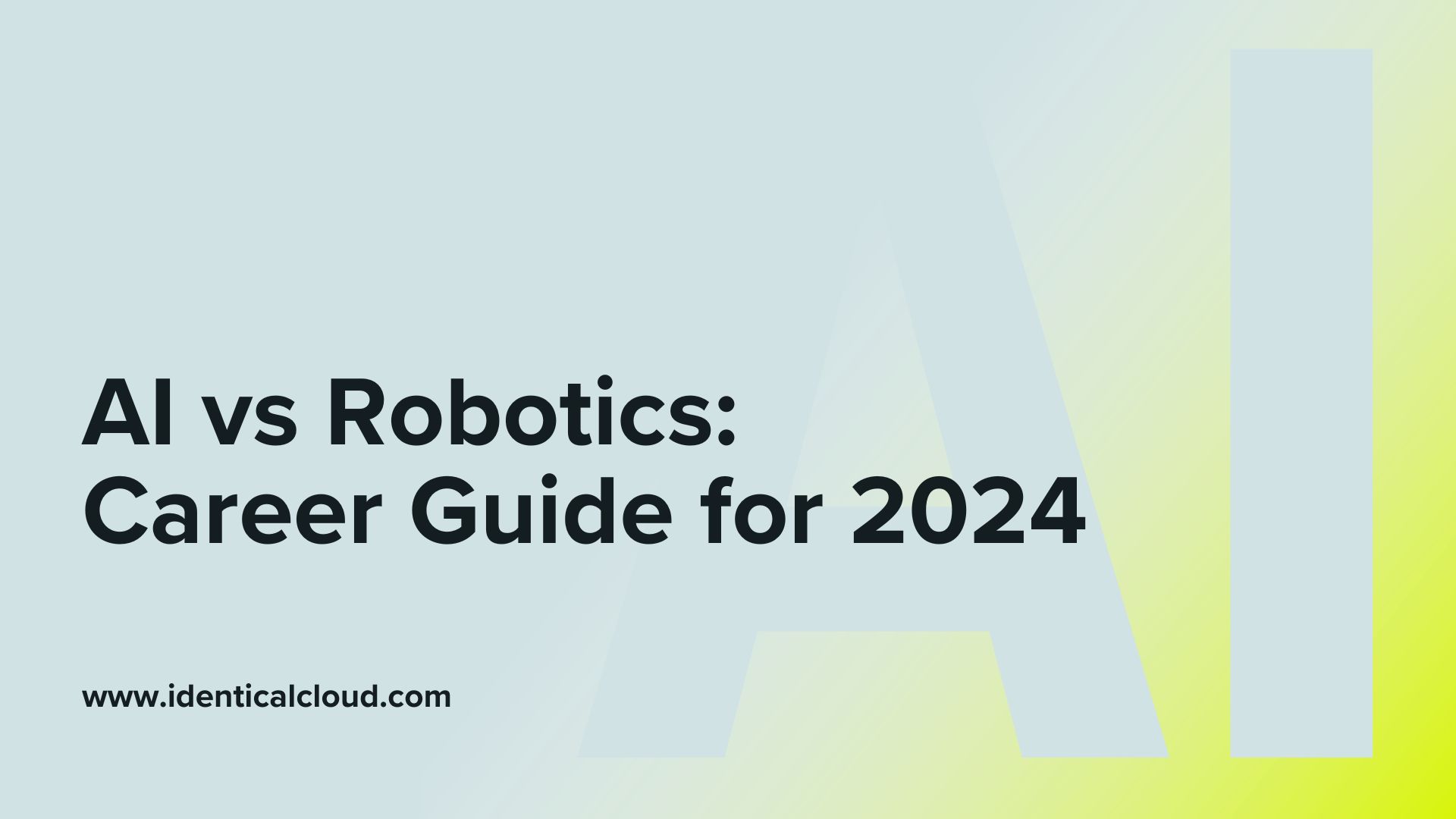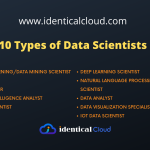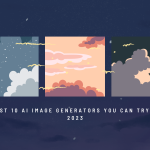
AI vs Robotics: Career Guide for 2024
AI vs Robotics: Career Guide for 2024
The future of work is no longer science fiction. It’s here, buzzing with robots and powered by artificial intelligence (AI). But with this exciting prospect comes a crucial question: do you choose brain or brawn in 2024? This comprehensive guide dives deep into the fascinating worlds of AI and Robotics, equipping you with the knowledge to navigate the job landscape and land your dream path.
Understanding Artificial Intelligence (AI)
AI is the realm of computer science dedicated to creating systems that exhibit human-like intelligence. It involves the development of algorithms and models enabling machines to learn, reason, perceive, and make decisions akin to human cognition. AI systems analyze data, recognize patterns, and adapt to new information, enabling tasks such as speech recognition, natural language processing, and autonomous decision-making.
Exploring Robotics
Robotics, on the other hand, focuses on designing, constructing, and operating physical machines (robots) that interact with their environment. These machines are equipped with sensors, actuators, and often AI-powered brains to perform tasks autonomously or with human guidance. Robotics spans various domains, from industrial automation and healthcare to exploration and entertainment, creating machines that execute physical actions and tasks.
Key Differences
- Scope of Application: AI extends beyond physical machines and encompasses software-based intelligence, whereas Robotics primarily deals with physical machines and their interactions with the environment.
- Focus Areas: AI emphasizes cognitive tasks such as problem-solving, decision-making, and pattern recognition, while Robotics focuses on designing machines capable of physical actions and tasks.
- Technology Integration: AI is integrated into Robotics to provide intelligence to machines, enabling robots to learn and adapt. Robotics employs AI as a tool for decision-making and autonomy in machines.
Convergences
- Synergy in Development: AI and Robotics converge in the development of intelligent robots capable of learning, adapting, and performing physical tasks with autonomy.
- Applications in Automation: Both AI and Robotics find extensive applications in automation, enhancing efficiency and productivity in various industries such as manufacturing, healthcare, and logistics.
Impact and Future Prospects
The synergy between AI and Robotics is revolutionizing industries. Together, they pave the way for autonomous vehicles, smart manufacturing, surgical robots, and innovative human-robot interactions, reshaping the future of work and technology.
AI vs Robotics
AI:
- Focus: Developing intelligent systems that learn, reason, and make decisions like humans.
- Skills: Programming, Data Science, Machine Learning, Natural Language Processing (NLP), Computer Vision, Statistics, Mathematics.
- Applications: Automation, Healthcare, Finance, Marketing, Retail, Transportation, and more.
- Career Paths: AI Engineer, Machine Learning Engineer, Data Scientist, Robotics AI Engineer, NLP Engineer, AI Researcher.
Robotics:
- Focus: Designing, building, and operating robots for various tasks.
- Skills: Mechanical Engineering, Electrical Engineering, Computer Science, Control Systems, Sensors, Actuators, Mechatronics.
- Applications: Manufacturing, Logistics, Healthcare, Surgery, Space Exploration, Defense, and more.
- Career Paths: Robotics Engineer, Design Engineer, Control Engineer, Software Engineer, Field Service Engineer, Robotics Researcher.
AI and Robotics represent two sides of the technological coin, with AI driving intelligence and cognition in software and Robotics engineering physical systems to interact with the world. Their convergence holds promise for groundbreaking innovations, augmenting human capabilities, and shaping a future where intelligent machines transform how we live and work.







